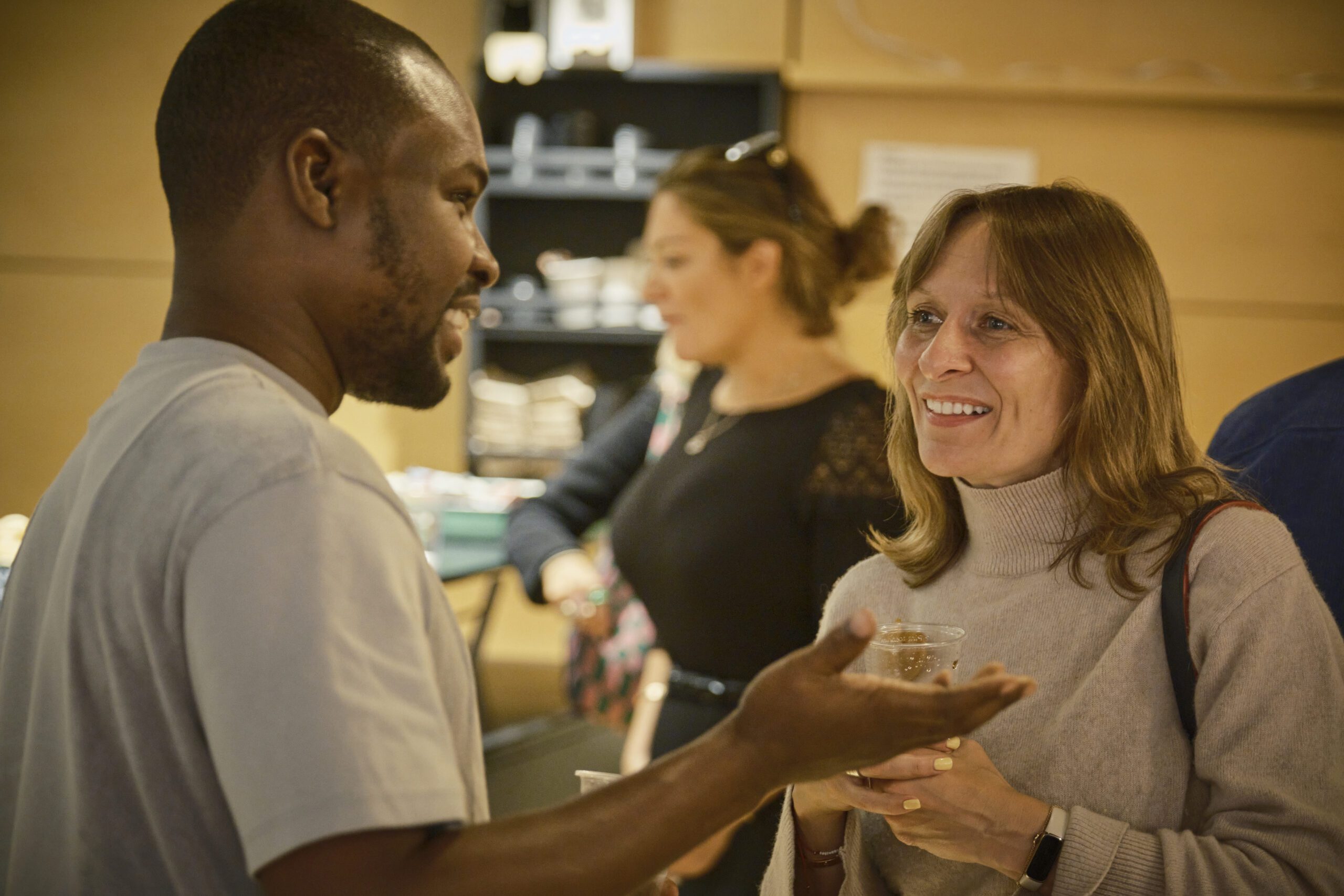Tahlia Norrish shares her experience of giving a bad performance and the valuable lessons she learnt.
A blow to our ego can be tough, especially when it’s resulted from coming up short in our craft. It can seem so enticing to make excuses or throw in the towel completely, but we can choose to profit from our mistakes.
I recently gave a bad performance and it was the most painfully embarrassing thing to have come my way in a long time.
Nobody likes to do bad work but I think for us creative souls, striving to be simultaneously vulnerable and courageous in all we do, it stings that little bit more. I’d like to talk about this pain, the pain of delivering a bad performance. I don’t feel we talk about this all that often, and I think this is damaging to both ourselves and our fellow actor buddies. We know, intellectually, no one’s life is an endless highlights reel, but it can often seem like it’s just us grappling with the less appealing bits.
To clarify, we are talking about ego-pain here, not the kind of pain one may experience after breaking a leg (no pun intended), or any kind of real suffering from a mental health perspective. For those pains, absolutely seek the help and guidance of a medical professional. This isn’t about ‘failing’ either – that is also a different kettle of fish. Let’s instead have a chat about the pain of delivering a pure, objectively bad performance that only really wounds our tender ego. I promise there’s a way to view the whole ordeal as a tremendously rewarding experience.
Step 1: Sit with the pain
In a way, we’ve done ourselves a disservice viewing pain as an exclusively bad thing. It isn’t. If our body didn’t react to touching a naked flame, we would seriously injure ourselves. Pain is a signal. Pain is like the fuel light on a car dashboard, bringing your attention to something we need to address – often immediately.
So you gave a bad performance. And yes, it sucks. The natural temptation is to run as far away from these agonising feelings as possible but let me offer that sitting with them – just for a moment – may actually prove to be a far more beneficial path.
Allowing yourself to co-exist with your pain does two things:
- it makes you really, really, really motivated to avoid coming here again (speaking from fresh experience)
- it shows your brain that you actually don’t die from a battered self-image.
Pick an appropriate amount of time; 5 minutes, 10 minutes, half a day, whatever makes sense to you, and just breathe. We will be using these feisty emotions as fuel for the following steps.
Step 2: Plan and prosper
We’ve established we don’t want to face this scenario again any time soon. Let’s now plan to ensure this is the case.
To start, take a look at what may have caused your bad performance in the first place. Was it lack of preparation? Were you stressed about time, money or just life in general? Did you push yourself through sickness or injury? See how much clarity you can build around the context. Even simply scribbling down the thoughts and feelings you were having at the time will be helpful.
Now we are going to devise a strategy for averting this outcome the next time a similar situation arises, regardless of whether or not it ultimately does. As the astute Benjamin Franklin once said, “By failing to prepare, you are preparing to fail”.
If, for example, your work ethic was a little on the lax side, discern how much time and energy this would have required to rectify. Say we feel two hours of additional prep would have done the trick, resolve to spend an extra 30 minutes a day for four days doing that work next time. Or if you were genuinely unwell, decide to communicate this honestly to your agent in the future. Yes, they may just tell you “the show must go on”, but they will probably see what they can do to help. After all, they would likely prefer you to be at your volcanic best just as much as you.
Giving a bad performance does not make you a bad performer.
Step 3: Re-enter the arena
Now for a little perspective: giving a bad performance does not make you a bad performer. If you continue to do so, sure, maybe then it does, but if you are courageous and wise enough to take the above steps you can ensure this won’t be you.
We all have less-than-optimal moments, but you are now one of the rare few who have a strategy in place, meaning you know how to better deal with this next time around. Pat yourself on the back, you’ve done some immensely beneficial work that many choose to avoid.
Playing the victim can be weirdly comforting, but it will never get you the results you are really after. So, re-enter the arena armed with this knowledge. If you, or someone you trust, are able to go through a mock performance beforehand, even better! Just get back on stage or on screen as soon as you can and find your feet again. It’s likely that you will show up even stronger than before – both as a person and as a performer. You’ve gained experience, you’ve strengthened your resilience and resolve, and you’ve supercharged your passion. If you use this all to your advantage, how can you fail to shine brighter?
A blow to our ego can be tough, especially when it’s resulted from coming up short in our craft. When this happens, it can seem so enticing to make excuses, cast blame, or throw in the towel completely. But we can choose to profit from our mistakes. We can commit to taking the higher road and develop a practice that will not only set us up for career longevity (who doesn’t want to still be treading the boards into their eighties?) but can also be transposed to any area of life where we may face something similarly difficult and icky. Perhaps you might even come to view disappointments as the wake-up calls that continuously change the game.
While my own episode is still rather raw, I wouldn’t return the lessons I’ve now learned for anything. Metaphorical fist-pumps of respect to you all. I’ll see you in the arena.
 Tahlia Norrish is an Aussie-Brit actor, writer, and current MPhil Candidate at the University of Queensland’s School of Sport Sciences. After graduating from The Liverpool Institute for Performing Arts (Distinction, Acting and Musical Theatre) and Rose Bruford College (First Class Hons, Acting), Tahlia founded The Actor’s Dojo — a pioneering coaching program centred on actor peak performance and holistic wellbeing.
Tahlia Norrish is an Aussie-Brit actor, writer, and current MPhil Candidate at the University of Queensland’s School of Sport Sciences. After graduating from The Liverpool Institute for Performing Arts (Distinction, Acting and Musical Theatre) and Rose Bruford College (First Class Hons, Acting), Tahlia founded The Actor’s Dojo — a pioneering coaching program centred on actor peak performance and holistic wellbeing.
Headshot credit: Ben Wilkin
Photo by Priscilla Du Preez on Unsplash.



















